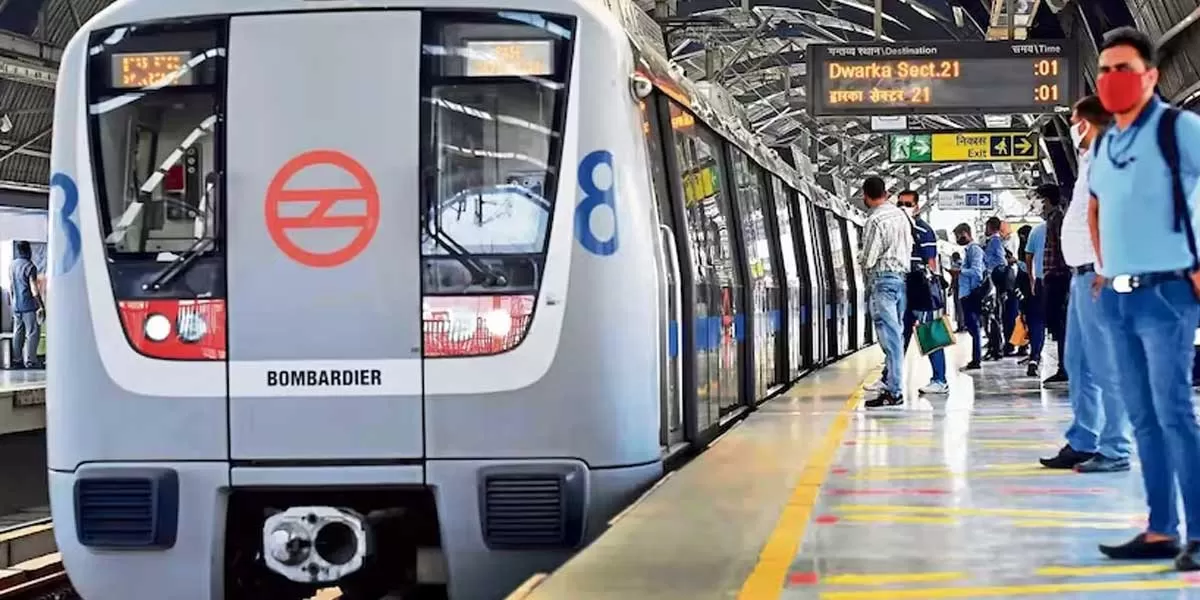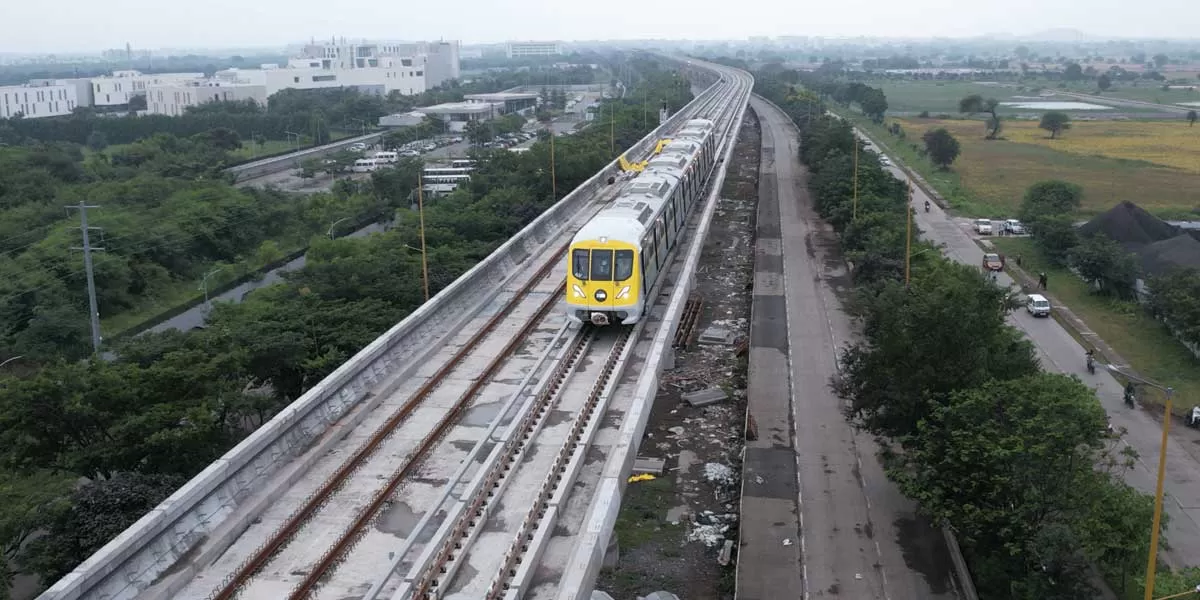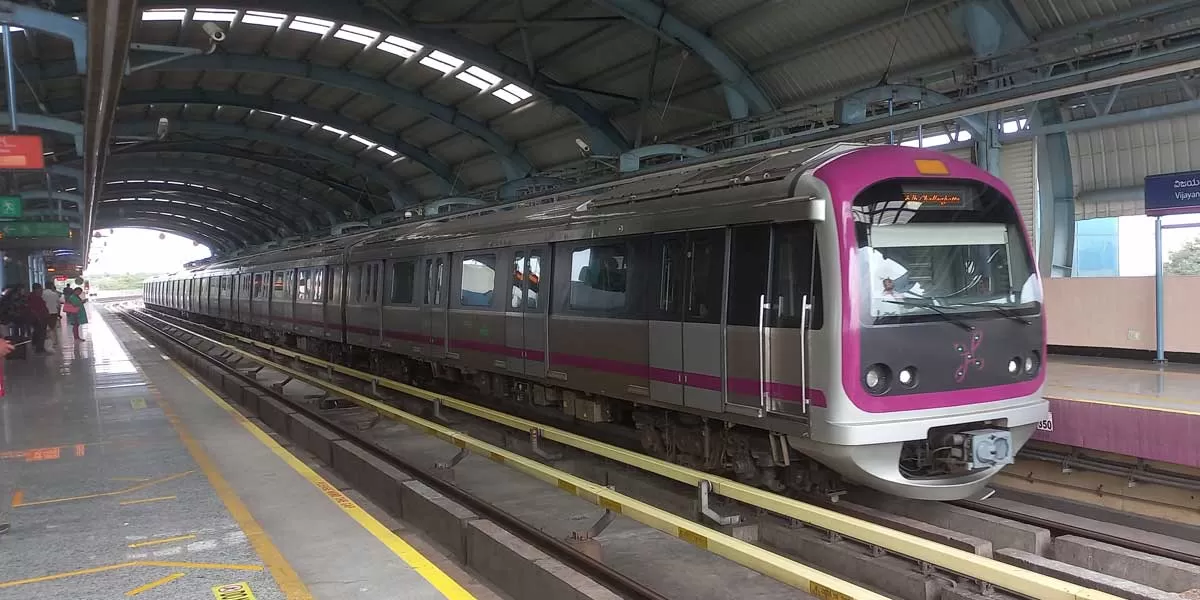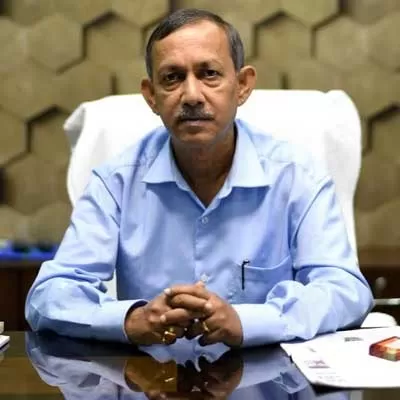
SC grants DMRC Rs 8,000 cr relief in Delhi Airport Metro case

Indore Metro: Final Safety Inspection Scheduled
Indore is preparing for the launch of its metro services, with inspections at five metro stations scheduled for March 24 and 25. The metro’s commercial operations are anticipated to commence by the end of March. The Commissioner of Metro Railway Safety (CMRS), Janak Kumar Garg, will visit Indore on March 24 for a two-day inspection of the metro line, including five stations and the 5.9km Super Priority Corridor. During the inspection, the CMRS and his team will ride the metro coach to check its speed, set at 80km per hour, and review various safety aspects. They will also use a trolley on t..

Early Metro Services Announced for Bidadi Half Marathon
The Bangalore Metro Rail Corporation Limited (BMRCL) has announced early metro services on March 23 to accommodate participants of the Bidadi Half Marathon. Metro services will start at 5 am, two hours earlier than usual, from all four terminal stations. Additionally, services from Nadaprabhu Kempegowda Station, Majestic, towards Challaghatta, will begin as early as 4 am to assist marathon runners. BMRCL has urged commuters to take note of the altered schedule and plan their travel accordingly. The BMRCL recently also introduced extended metro services on the Purple Line, with evening opera..

Foundation Stone Laid for Phase 2 of Mega Water Project
Gautam Deb, Mayor of Siliguri, laid the foundation stone for the second phase of the mega water project in Fulbari. The event was attended by Ranjan Sarkar, Deputy Mayor, Pratul Chakraborty, Chairman of the Siliguri Municipal Corporation (SMC), and other officials. The project, valued at approximately Rs 511 crore under the AMRUT 2 scheme, will be executed in three phases. The first phase is nearly complete. The second phase involves the construction of a pond in Fulbari to store water, which will be sourced from Gajoldoba, purified, and distributed to wards via a pipeline. This phase alone w..














